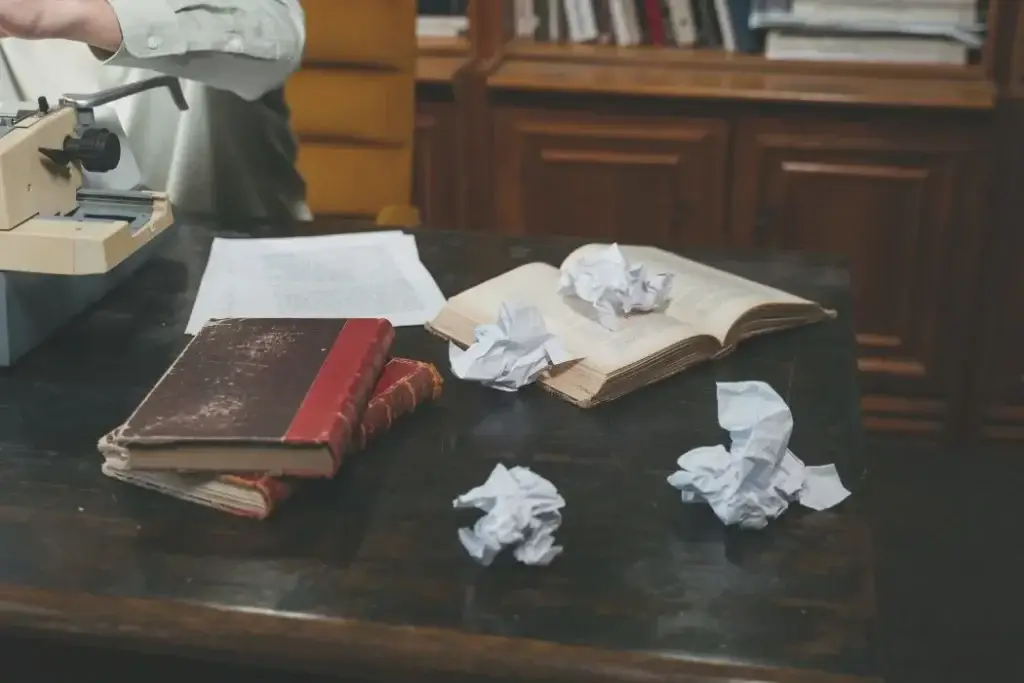People will tell you to write sh***y drafts. You don’t have to obey.
The point is (should really be) not to let draft anxiety stop you from writing.
I think it’s true that most writers don’t produce “great” first drafts. If you have draft anxiety, get over it, learn to self-edit relentlessly, and find editing partners to help you with concepts, structure, and formal qualities.
But, some writers produce seemingly “great” first drafts. The first version looks and sounds finished. For example, Argentine novelist and Nobel shortlister César Aira is a committed first-drafter.
“I write for a while, never more than an hour, and I never end up with more than a page. Back at home, I type it up and then print it. That’s it.”
My own experience leans heavily to first drafts. First thought, best thought, often enough. I just happen to think in ways that flow naturally into prose. And I tend to arrive at the blank page with a strong sense of what I am up to. Writing bad drafts would be a distraction.
Sometimes, the appearance of well-crafted prose is a weakness, however. It calls for a sharper knife because its flaws are less obvious. But the writing tip is the same: learn to self-edit, be relentless, and find editing partners who won’t be distracted by a polished surface.
My own self-editing rescue comes from the fact that I’m a terrible typist. I make mistakes I would never make in longhand. That flaw forces me to go back over what I wrote and catch all my sleight-of-keyboard illusions.
One tip (almost) all writers can rely on: (almost) always edit.




